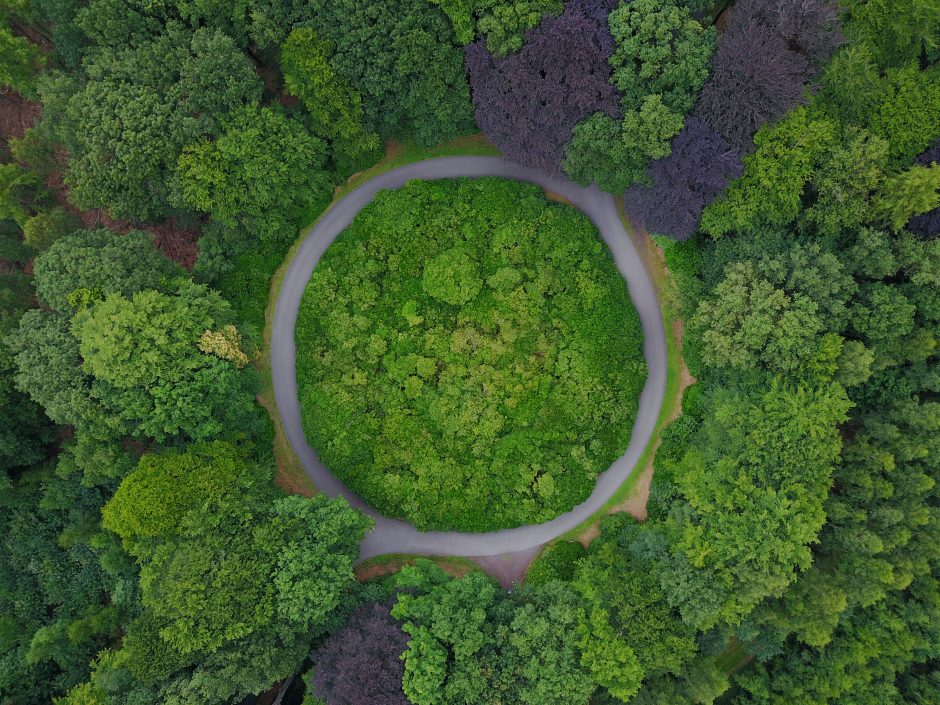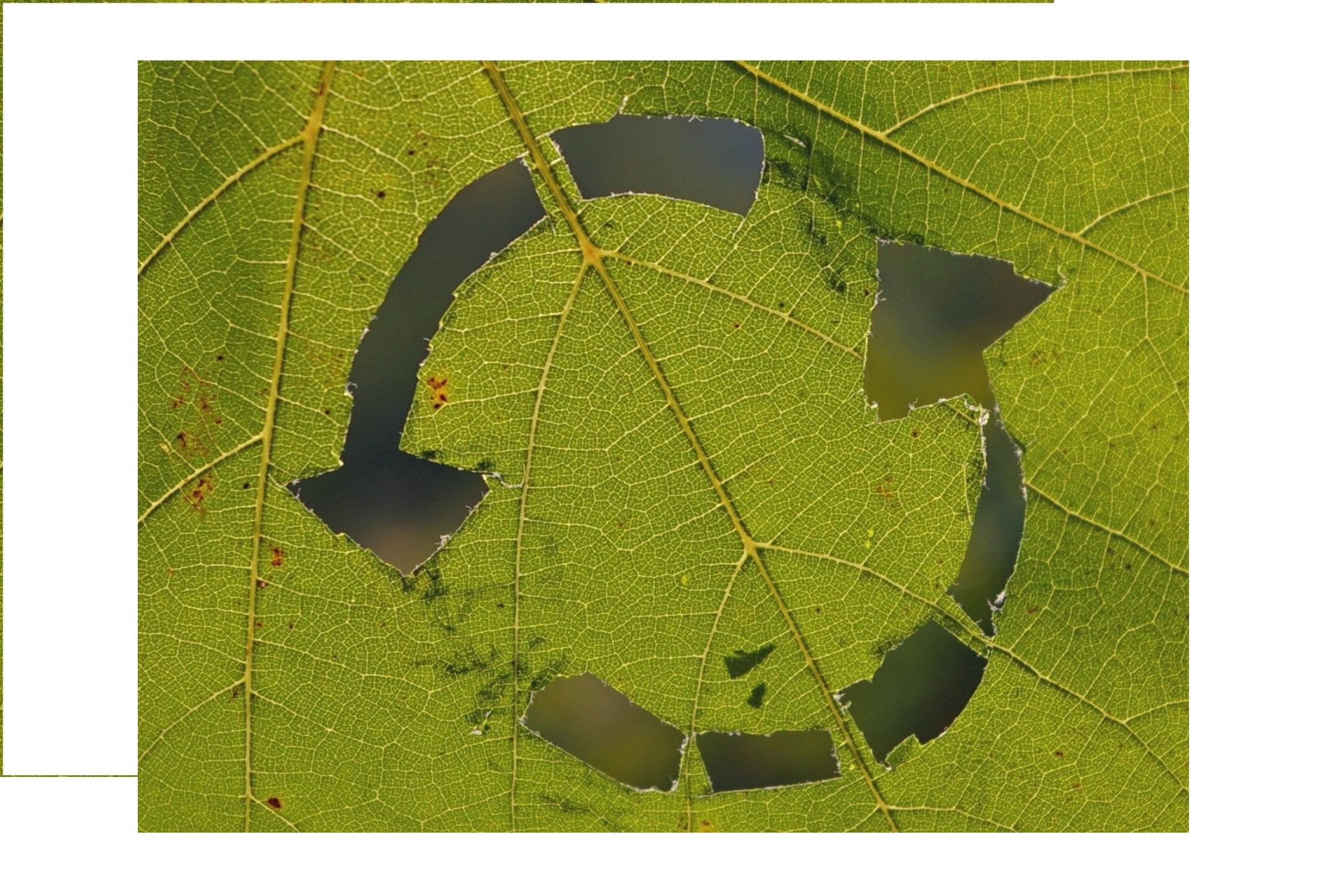
Circularity Thinking Programme
As businesses and practitioners around the world seek more sustainable business models to reduce climate impacts, the concept of a circular economy is emerging as a key part of the solution. But rethinking our whole economic model to move to a more circular approach requires capacity building.
Climate KIC has developed a new approach to thinking about circular economy focused on implementing change. The approach is based on the research of Professor Dr. Fenna Blomsma (University of Hamburg), following a feasibility study in which 150 organisations were surveyed to find out what gaps and needs exist in terms of circular knowledge.
Climate KIC created Circularity Thinking to tackle climate change through the implementation of circular strategies – creating skills and knowledge to understand why and how circular strategies can be effective. A number of flagship Climate KIC projects and training programmes have been using this approach since 2019-2020.
Circularity Thinking is not just a set of tools. It creates a circular mindset by exploring the problems of a linear approach and then developing circular strategies that solve linear problems.
This approach creates value by:
- Impact – the learning materials help new learners develop and implement circular strategies and operate in a more circular way.
- Collaboration – the community of trainers and users are working in many different sectors and countries across Europe, and are supported to work with other trainers and partners to develop new delivery approaches.
- Innovation – the feedback loops between trainers, Climate KIC partners and the Hamburg University results in tools and approaches being regularly updated.




